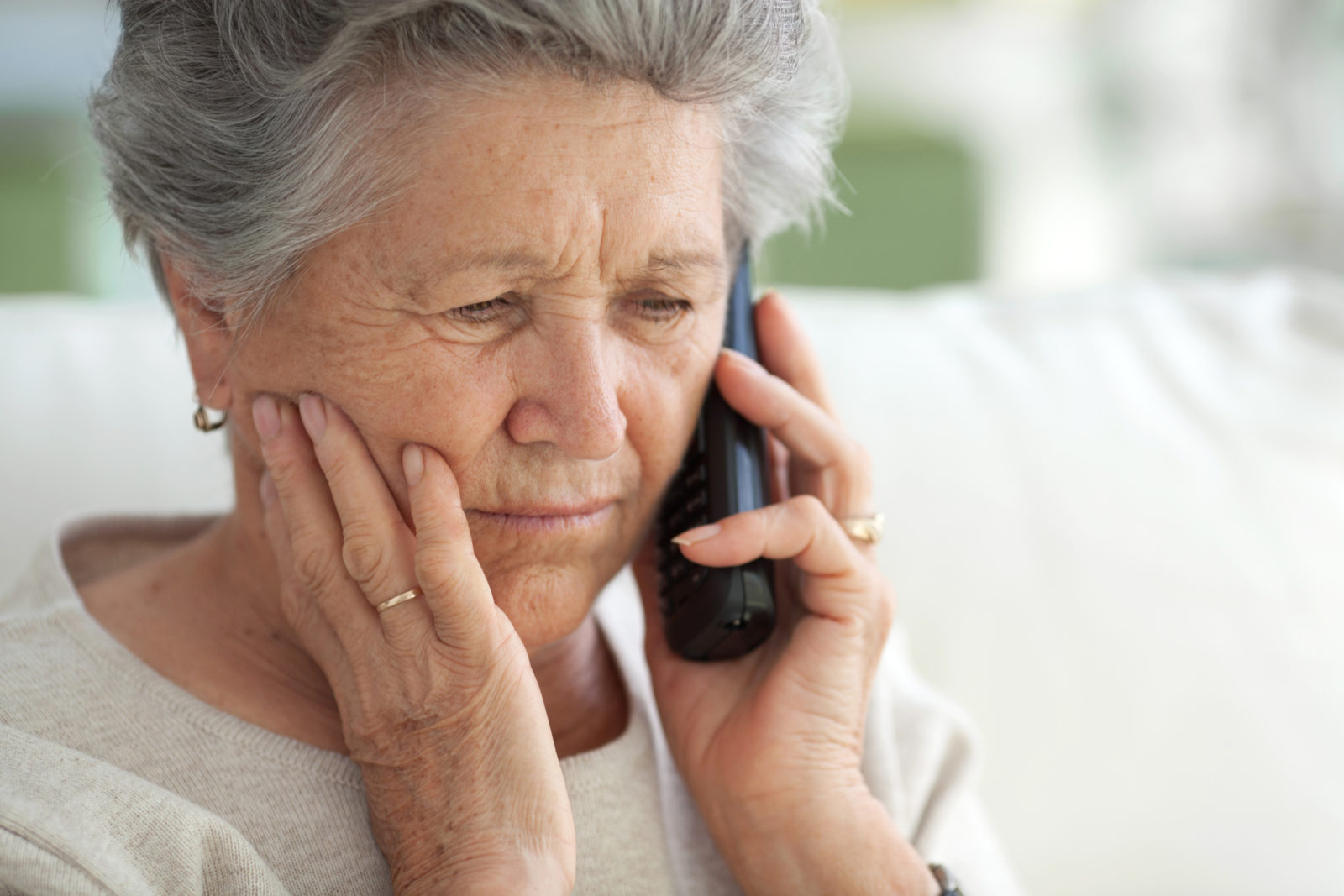How to Provide Care for a Loved One When You Live Far Away

Justine had just reached work when she got the call – her mother’s next-door neighbor was on the line and frantic. After Justine calmed her down, she learned that her mother had just suffered a heart attack and been rushed to the hospital. Justine, who lived on the opposite coast from her mother, could do very little but gather information and try to determine how serious the situation was.
It’s a scenario we all dread – and yet it’s one that is becoming more and more common. Today’s families are living farther apart from each other and when an emergency happens, it’s often difficult to determine the best course of action. Here are some tips to help guide you through this difficult time.
Discuss the possibility of a crisis before it occurs
Sit down and have a discussion with your loved one. This can be a difficult talk to have, as many are reluctant to talk about issues of health, but having an honest conversation may prove to be lifesaving down the road. Embrace a spirit of compassion and respect. Acknowledging getting older and having to adjust to new realities can be a challenge for many older adults. Show your parent that you understand their concerns and that your greatest wish for them is for their optimum well-being.
Create a Plan of Action
Once you’ve assessed your loved one’s situation and needs and discussed them, it’s time to determine what your role – and the role of others – can and should be. Make sure the right people are involved in the plan – other family members, and professionals who can offer input. Remember that unless your loved one is completely incapacitated, he or she must be centrally involved in developing the plan. You are trying to help Mom or Dad take control of their life, not control it for them. Your goal is to support your family member’s maximum level of independence, self-esteem and dignity.
Keep in touch
Even if you can’t be there in person 365 days a year, keeping in touch through other means will let your loved one know that you care and are available. It is also an opportunity to spot issues of concern and allow you to be more proactive in providing care.
Here are some ways to keep in touch from a distance:
- Call often, and encourage your loved one to call you
- Set your loved one up with a simple email program if they aren’t already online
- Use a webcam or Skype for “virtual visits” – this can often reveal things that a regular phone call can’t
- Help your loved one create a Facebook page, or set up a family blog
Enlist the help of a professional
When you don’t live nearby, hiring a senior care professional makes sense and is a great way to help ensure your loved ones are being properly taken care of. A good place to start is with an Aging Life Care™ manager, who can assess your loved one’s needs, develop a customized Plan of Care, and serve as an advocate during medical appointments. A care manager serves as a single point of contact for becoming aware about all issues of your loved one’s well-being, whether it’s a medical condition, financial challenges, or legal issues.
Long-distance caregiving can be a challenge, but becomes much easier when you enlist the support of those experienced in dealing with the issues of aging. If you’d like to learn more about the services we provide, please contact us.
![PATHWAYS Care Solutions, LLC [logo]](https://www.pathwayscaresolutions.com/wp-content/uploads/sites/207/2016/10/logo-new-oct4.jpg)
![PATHWAYS Care Solutions, LLC [logo]](https://www.pathwayscaresolutions.com/wp-content/uploads/sites/207/2016/08/new-logo.png)